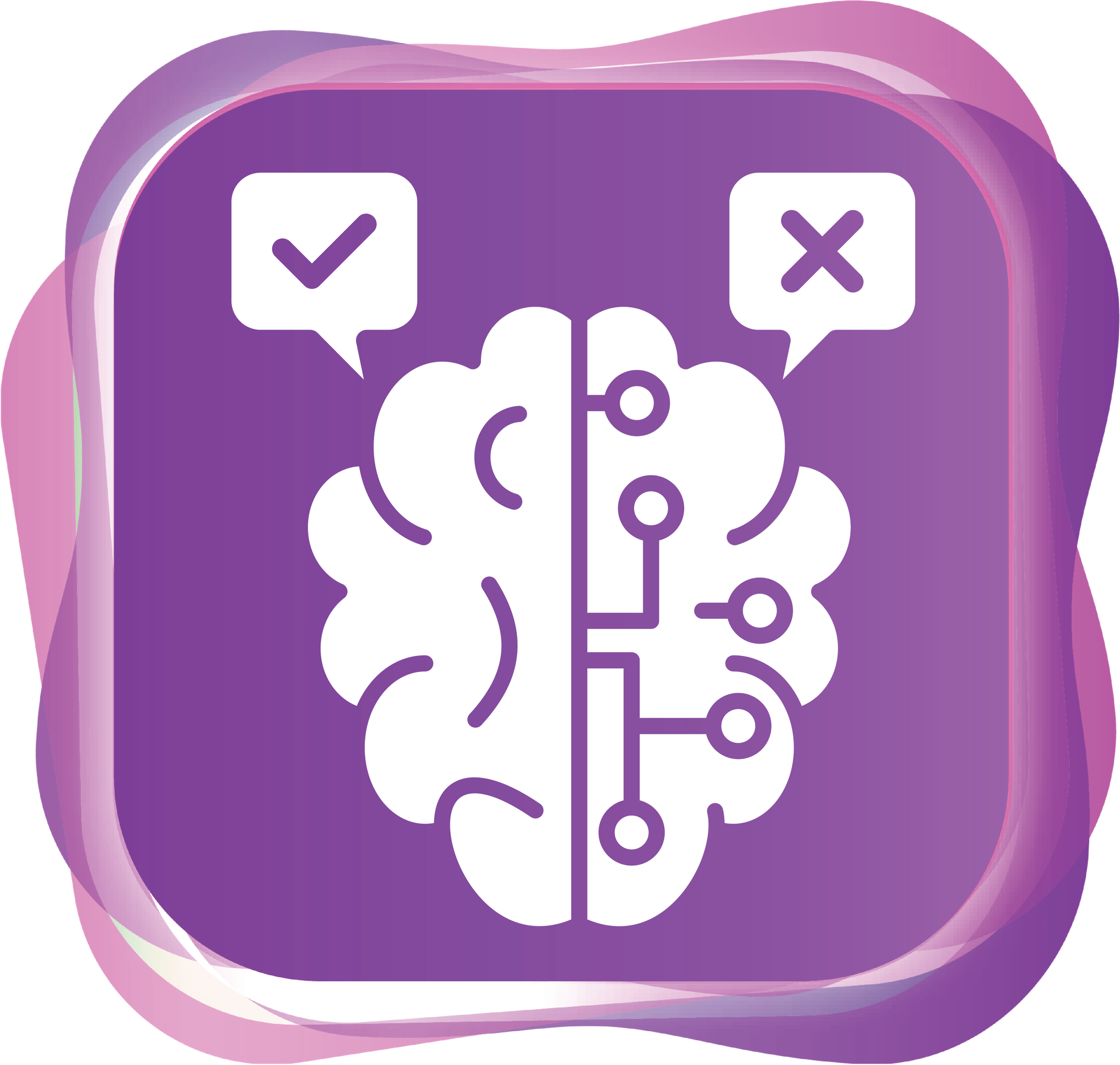 |
CCAI9002 Artificial Intelligence
|
Course Description
This course provides an in-depth examination of the philosophical and ethical issues arising from the development and integration of artificial intelligence (AI) in contemporary society. Adopting an interdisciplinary approach that melds philosophy, ethics, sociology, and AI research, the course invites students to critically engage with fundamental questions about AI’s capacity for thought, understanding, emotion, and consciousness.
Students will explore key themes such as the nature of machine understanding versus human cognition, the possibility of AI possessing consciousness or emotional states, and the concept of AI as moral agents. The course also addresses the ethical responsibilities humans may have towards AI systems, including considerations of AI rights and moral accountability. Further, it examines the implications of AI participation in political decision-making and its impact on the future of work, human relationships, and societal structures.
Engaging with seminal texts and contemporary research, students will develop critical thinking skills and the ability to synthesize interdisciplinary perspectives. Through lectures, discussions, case studies, and reflective assignments, the course aims to equip students with a nuanced understanding of the ethical and societal challenges posed by AI.

Course Learning Outcomes
On completing the course, students will be able to:
- Understand and reflect on the ethical, societal, and philosophical questions surrounding AI in contemporary society.
- Critically assess whether AI systems can be considered persons, agents, or conscious beings, while understanding the technical underpinnings that drive these systems.
- Analyze the ethical responsibilities humans may have toward AI systems, especially concerning governance, bias, and societal impact.
- Engage in informed discussions about the implications of AI for governance, justice, job displacement, and inequality.
- Develop critical thinking skills by synthesizing interdisciplinary sources and applying them to real-world AI scenarios.
- Foster the ability to continuously learn and adapt to the fast-evolving landscape of AI, while maintaining awareness of its societal and ethical consequences.
Offer Semester and Day of Teaching
Second semester (Wed)
Study Load
| Activities | Number of hours |
| Lectures | 24 |
| Tutorials | 12 |
| Reading / Self-study | 60 |
| Assessment: Essay / Report writing | 24 |
| Assessment: Presentation (incl preparation) | 12 |
| Total: | 132 |
Assessment: 100% coursework
| Assessment Tasks | Weighting |
| Reflection writing | 20 |
| Group report on presentation topic | 15 |
| Case analysis | 25 |
| Final essay | 30 |
| Tutorial participation | 10 |
Required Reading
Introduction to AI and Philosophical Inquiry
- Tegmark, M. (2018). Life 3.0: Being Human in the Age of Artificial Intelligence. London: Penguin Books. [Chap. 1]
- Strogatz, S. (2018). One Giant Step for a Chess-Playing Machine. New York Times. From https://www.nytimes.com/2018/12/26/science/chess-artificial-intelligence.html]
Can AI Systems Save Humanity?
- Amodei, D. (2024, October). Machines of Loving Grace: How AI Could Transform the Word for the Better. From https://www.darioamodei.com/essay/machines-of-loving-grace
Can AI Systems Destroy Humanity?
- Amodei, D. (2024, October). Machines of Loving Grace: How AI Could Transform the Word for the Better. From https://www.darioamodei.com/essay/machines-of-loving-grace]
Is AI Consciousness Possible?
- Chalmers, D. J. (2023). Could a large language model be conscious? ArXiv Preprint. From https://arXiv:2303.07103
Can AI Think and Reason?
- Cappelen, H., & Dever, J. (ms). Going Whole Hog: A Philosophical Defense of AI Cognition. From https://philpapers.org/rec/CAPGWH [Chap. 2]
- Mitchell, M. (2025). Artificial intelligence learns to reason. Science, 387, eadw5211. From 10.1126/science.adw5211
Can AI Experience Emotions?
- Vaidya, A. J. (2024). Can machines have emotions? AI and Society, 40(4), 2029-2044.
Do We Live in an AI Generated Simulation?
- Chalmers, D. (2022). Reality +: Virtual Worlds and the Problems of Philosophy. [Chap. 5]
Can AI-Enhanced Robots Be Friends or Romantic Partners?
- Manzini, A., et al. (2024). The Code That Binds Us: Navigating the Appropriateness of Human-AI Assistant Relationships. Proceedings of the AAAI/ACM Conference on AI, Ethics, and Society, 7(1). From https://doi.org/10.1609/aies.v7i1.31694
Can AIs Be Held Morally Accountable?
- Königs, P. (2022). Artificial intelligence and responsibility gaps: What is the problem? Ethics and Information Technology, 24(3), 36. From https://doi.org/10.1007/s10676-022-09643-0
- Santoni de Sio, F., & Mecacci, G. (2021). Four Responsibility Gaps with Artificial Intelligence: Why they Matter and How to Address them. Philosophy & Technology. From https://doi.org/10.1007/s13347-021-00450-x
Do Humans Have Ethical Responsibilities Toward AIs?
- Coeckelbergh, M. (2010). Robot rights? Towards a social-relational justification of moral consideration. Ethics and Information Technology, 12(3), 209-221. From https://doi:10.1007/s10676-010-9235-5
Should AIs Participate in Political Decision-Making?
- Lechterman, T. M. (2024). The Perfect Politician. In D. Edmonds, AI Morality. Oxford: Oxford University Press USA.
Societal Impacts of AI: The Future of Human Work
- Deep Utopia: Life and Meaning in a Solved World by Nick Bostrom – AI Podcast Book Summary. From https://www.youtube.com/watch?v=wdieWk4C1SY
Course Co-ordinator and Teacher(s)
| Course Co-ordinator | Contact |
| Professor H.W. Cappelen School of Humanities (Philosophy), Faculty of Arts |
Tel: 3917 2796 Email: hwcapp@hku.hk |
| Teacher(s) | Contact |
| Professor H.W. Cappelen School of Humanities (Philosophy), Faculty of Arts |
Tel: 3917 2796 Email: hwcapp@hku.hk |
| Ms X. Ye School of Humanities (Philosophy), Faculty of Arts |
Tel: Email: |

